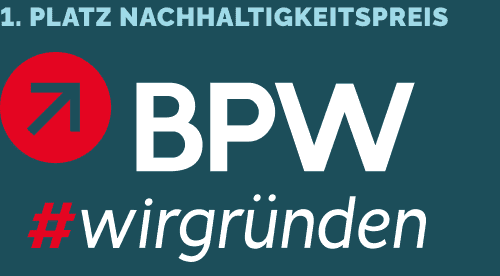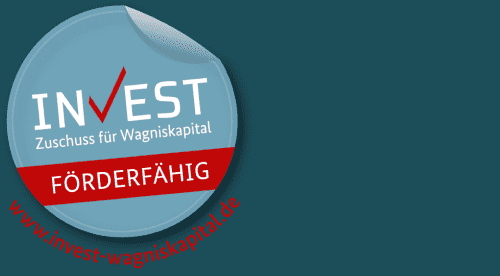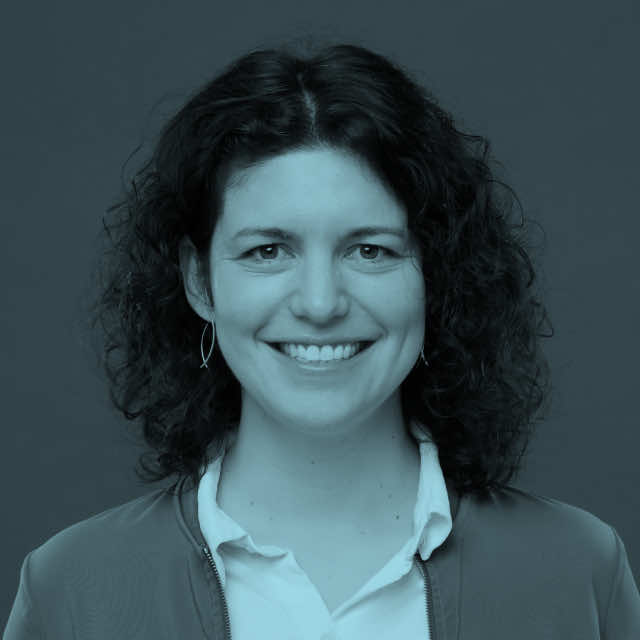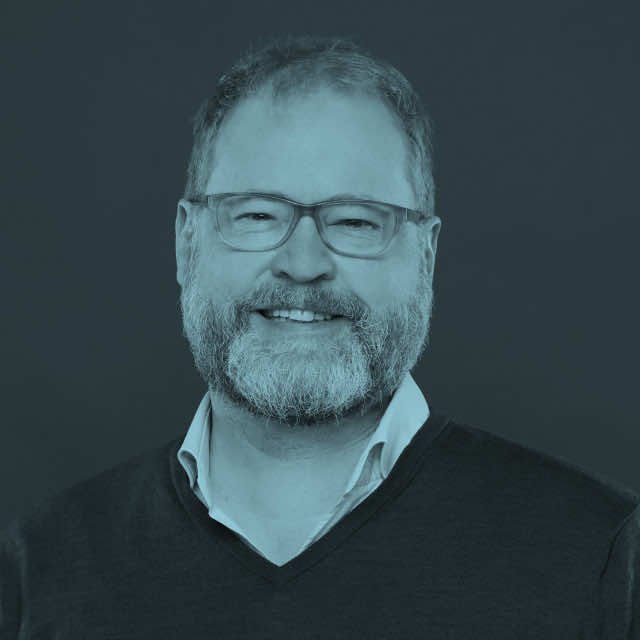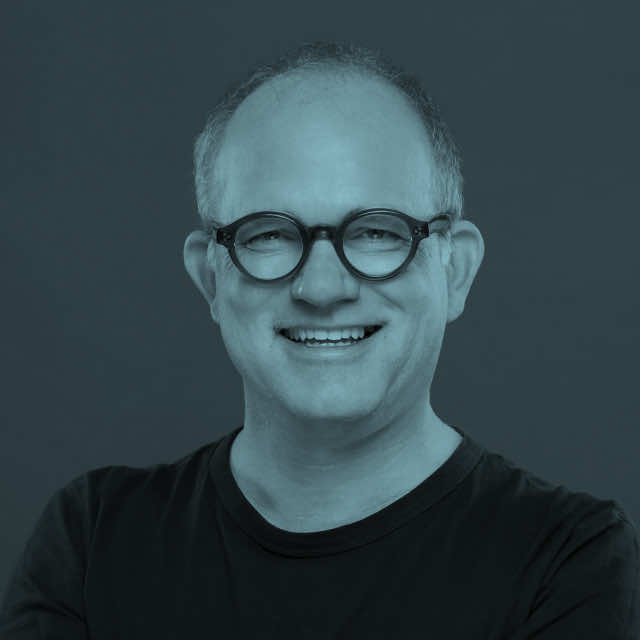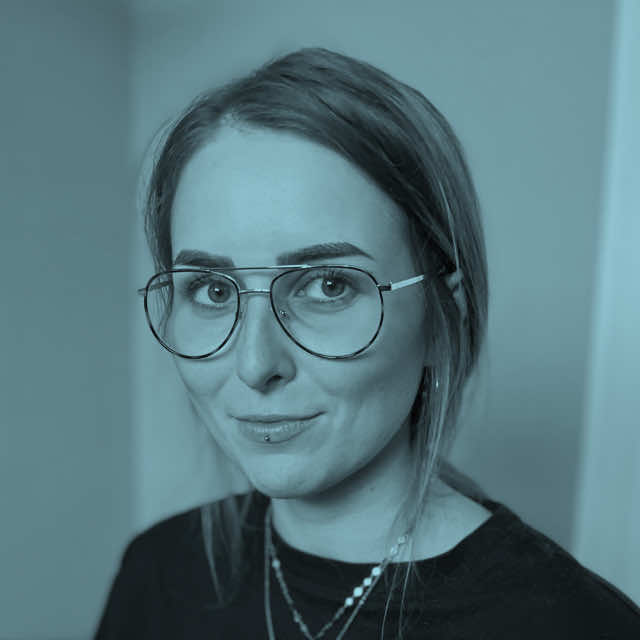Our Mission
We establish sphagnum moss farming at large-scale to enable the phase-out of peat in the soil industry, provide a new source of income for farmers and reduce greenhouse gas emissions.
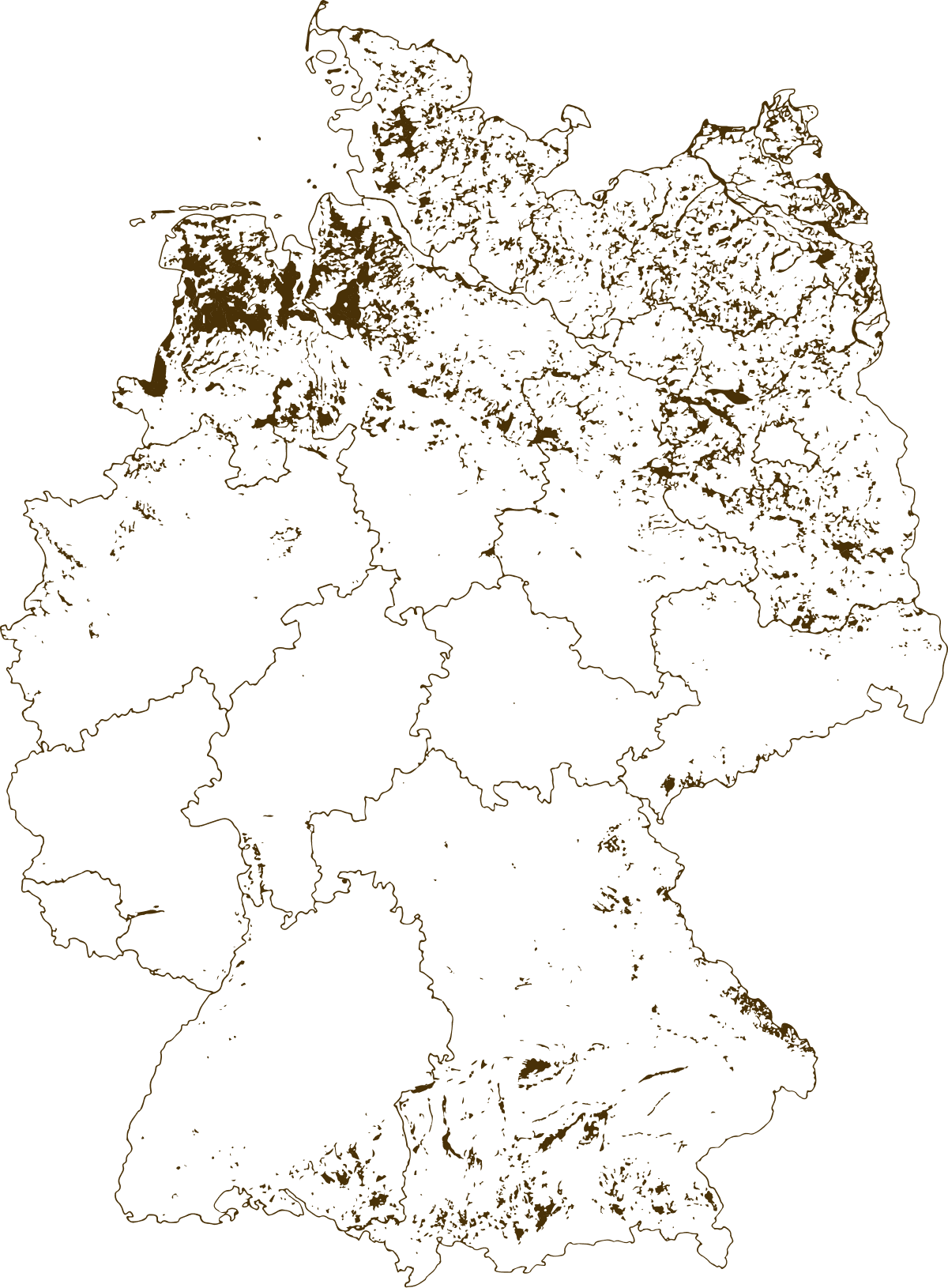
"Peatlands must be wet"
Peatlands store large amounts of carbon as long as they are wet. Wetland plants continuously absorb carbon dioxide from the air. When these plants die and become peat, carbon is stored. Wet peatlands have further benefits in addition to carbon sequestration. They protect against drought and flooding, act as natural water filters and contribute to biodiversity. However, these benefits cease when peatlands are drained.
There are hardly any wet peatlands left in Germany. 95% have been drained for forestry, agriculture, settlement and peat extraction. In drained bogs, the peat begins to decompose and releases large amounts of stored carbon into the environment as CO2.
As a result, drained peatlands are responsible for almost 7.5% of German greenhouse gas emissions and 40% of emissions in agriculture. To put this into perspective: Drained peatlands emit 25 times as much greenhouse gas as Germany's domestic air traffic.
The solution is to rewet peatlands. The rewetting of formerly drained peatlands stops greenhouse gas emissions (almost) immediately. The restored layer of water separates the peat from oxygen in the air and thus stops the emission of CO2. In addition, intact peatlands can slowly begin to sequester carbon again over time.
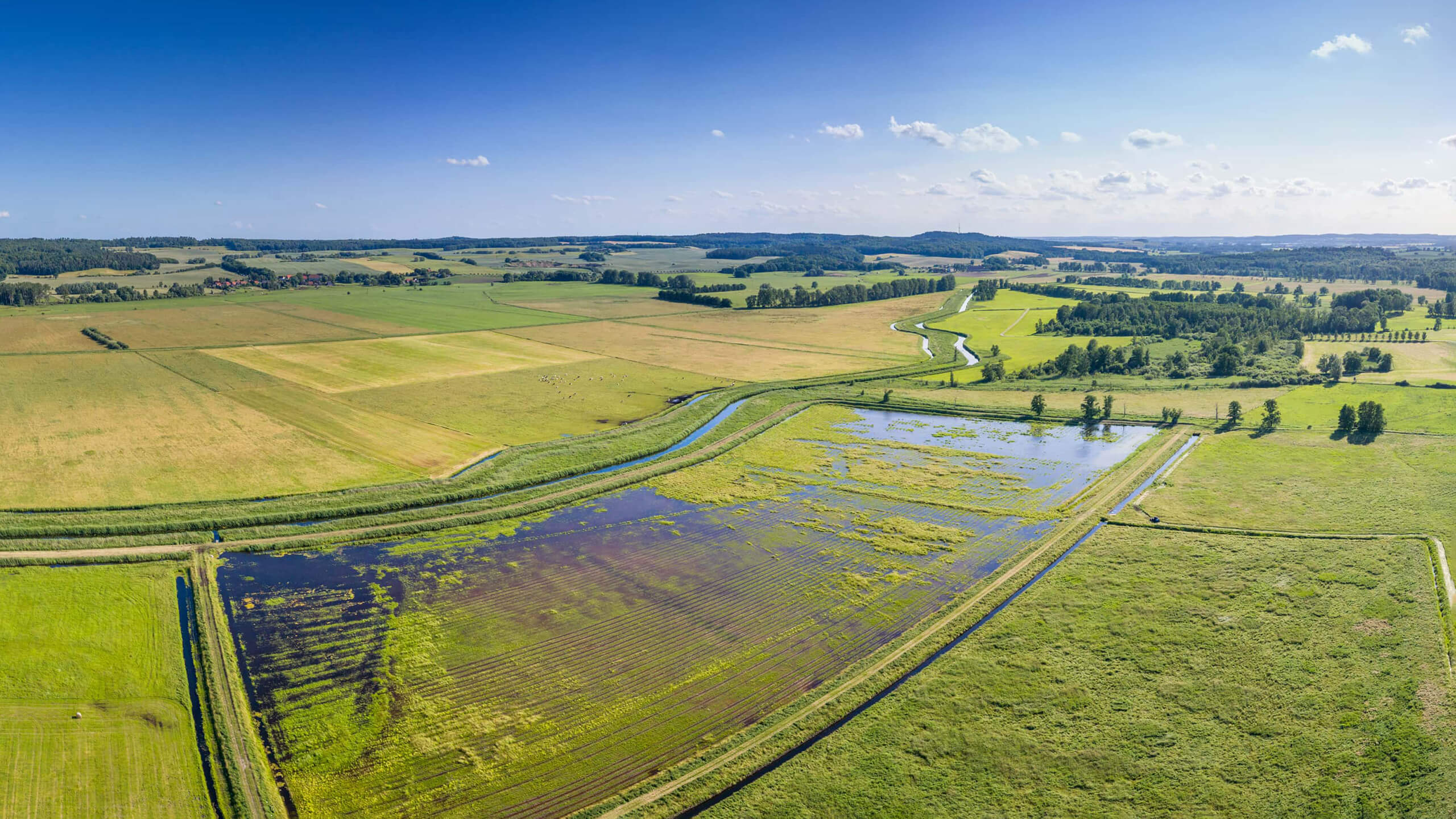
Picture: Tobias Dahms
OUR APPROACH:
SPHAGNUM MOSS CULTIVATION ON REWETTED PEATLAND
In 2021, the German states and federal government jointly set a target to reduce annual emissions from drained peatlands by 5 million tons of CO₂-equivalents by 2030. If Germany wants to meet these targets, we must rewet 250,000 hectares by 2030. That is a land area approximately the size of Luxembourg. At present, however, only 2,000 ha of peatland are rewetted per year. If this continues, only 18,000 ha will be rewetted by 2030, which represents merely 7.2% of the target. Without a dramatic acceleration in the rewetting of peatlands, we will fail to meet the targets we have set for ourselves.
We can achieve our objective only jointly with agriculture and farmers, which cultivate 80% of drained peatland area. Reliable economic perspectives for the land after rewetting are required. We want to demonstrate that Paludiculture, agriculture on wet peatland, is a profitable alternative to conventional agriculture on drained land.
ZukunftMoor wants to rewet drained peatlands and grow sphagnum moss on it. Sphagnum moss grows naturally on wet raised bogs. It has the most similar properties to peat compared to all established peat alternatives. Sphagnum moss provides the ideal substitute for peat in soils and enables the soil industry to phase out peat. We are currently establishing our first large-scale sphagnum moss farm to produce biomass for the soil industry. In the future, we want to contribute to establishing value chains for wet peatland cultivation in raised bog regions together with other players in the region.

Who we are
We are a startup for Paludiculture, the cultivation of agricultural crops on wet peatlands. In our team, we combine business, agriculture and political expertise. Our scientific partner are the Greifswald Moor Centrum and the Succow Foundation. Further supporters are the initial investors Aljoscha Kaplan and Christian Wessel. Together we are a unique initiative seeking to combine the interests of agriculture and farmers with climate protection.
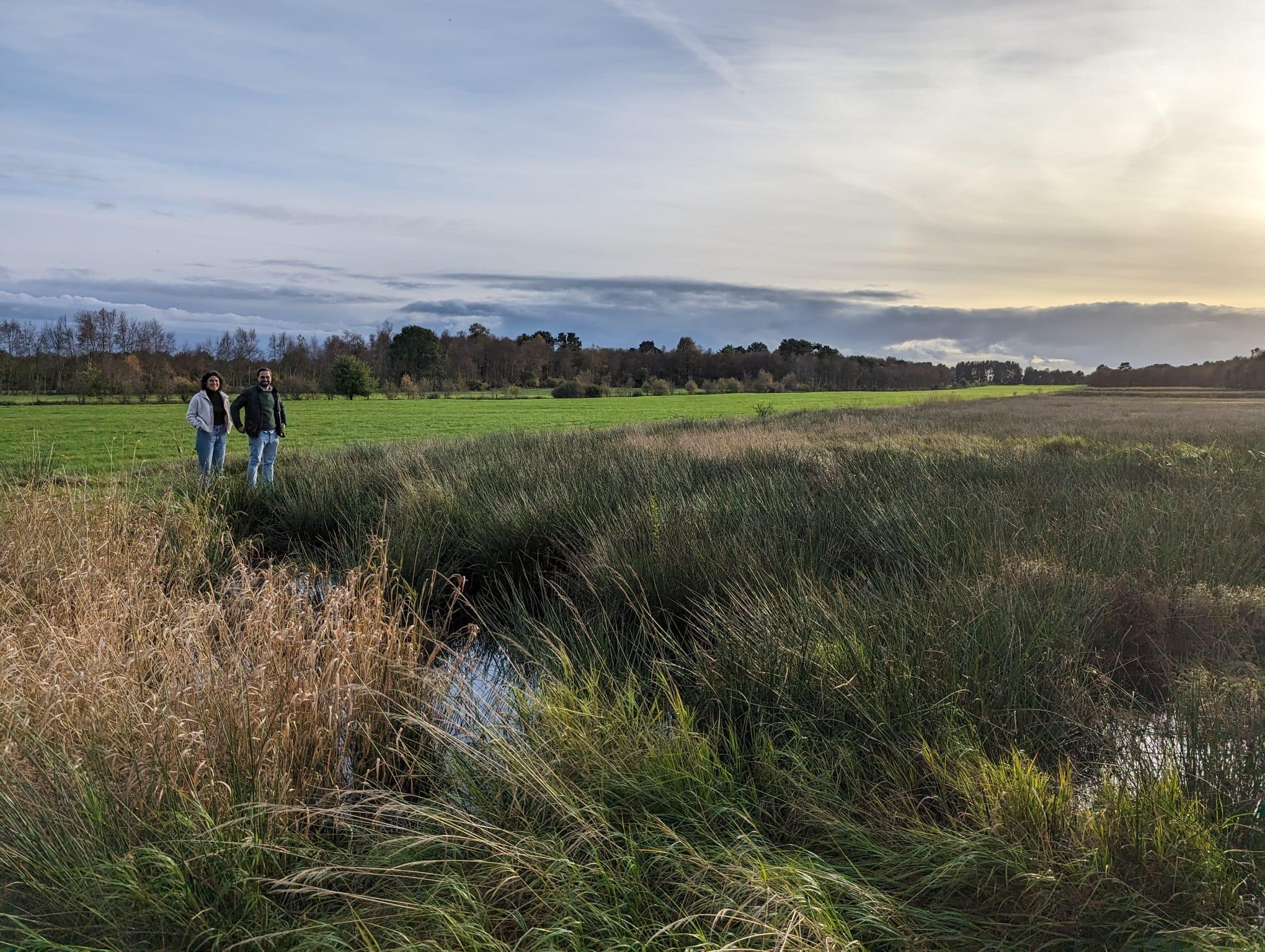
© Robert Lehmann, lichtbilder-berlin.de
Contact
We are grateful for any support. If you are interested in our project, please contact us via info@zukunftmoor.de.
You can also find us on social media:
We are looking for:
Drained raised bog areas of 20 hectares or more with the prospect of expansion, which we can rewet for sphagnum moss cultivation and manage in the long term.
Companies and investors who want to finance regional climate protection through rewetting and sphagnum moss cultivation.
Partners from business and science who want to work with us to advance sphagnum moss production, from seeding material to cultivation methods to processing of the biomass.
